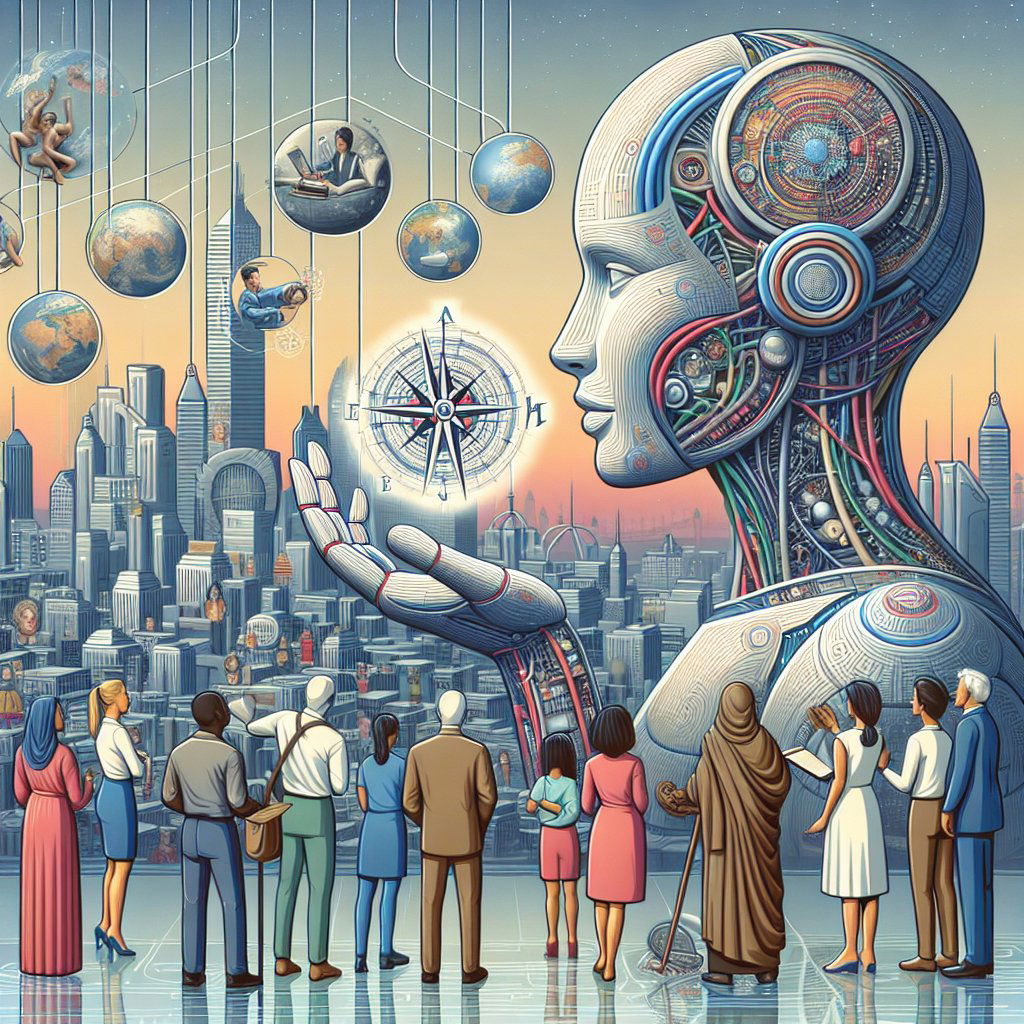Image: AI generated for illustration purposes
The Ethical Frontier: Artificial Intelligence & Human Morality
The ascent of artificial intelligence (AI) is arguably one of the most significant technological shifts of our age, influencing countless facets of our daily lives. Mergan Velayudan, the Acting Chief Information Officer at MultiChoice Group, casts a spotlight on an aspect of AI that is often shrouded in complexity: the impact of AI on human ethics.
Human ethics, an intricate web spun from cultural, social, and historical threads, serve as our moral compass, a guide to distinguishing right from wrong in an ever-changing world. These norms are the bedrock upon which our society is structured, yet as AI becomes increasingly autonomous, the steadfastness of these ethical moorings is being questioned.
While AI systems are bereft of human experiences and emotions, their creation and function are a product of human design. They operate within parameters set by algorithms shaped by human data, which intimates a reflective process rather than a generative one regarding ethics. AI, thus, becomes a mirror of our moral frameworks.
However, it is critical to discern the actions of an AI system from the ethical nature of these actions. For instance, an AI might act efficiently within its operational bubble but whether its actions are morally acceptable remains a human judgement.
With the acceleration of AI capabilities, traditional ethical frameworks encounter new dilemmas. The autonomy granted to AI systems compels us to reassess the application of ethical principles, ensuring that technological advancements align with societal values. It becomes imperative to understand that while AI can perform tasks, the ethical guidelines governing these tasks are set by society.
The challenge lies in the speed of technology's evolution. As AI grows more sophisticated, it risks outpacing the regulatory mechanisms we have in place. Nevertheless, history teaches us that human societies possess the adaptability required to calibrate their norms and regulations to encompass new technologies.
This adaptability is also visible in companies like MultiChoice South Africa, which navigate the complex terrain of AI integration and its moral implications. The organization emphasizes that while AI may drive efficiency and provide answers, human oversight is indispensable to preserve ethics. Hence, systems like "human in the loop" are embraced, ensuring human judgement complements AI proficiency.
In holding to this principle, MultiChoice has developed an AI ethics and governance policy, an indication of their commitment to the responsible usage of AI. It is a testament to their belief that while the integration of AI is transforming interactions, it should not alter the ethical foundation upon which society stands.
The tale of AI and human morality is one of balance—juxtaposing the inexorable march of technological progress against the timeless edifice of ethical norms. As AI harmonizes with daily life, society must maintain its hold on the reins of ethical oversight, a reminder that while we embrace the potential of emerging technologies, we must not lose sight of our shared moral values.










